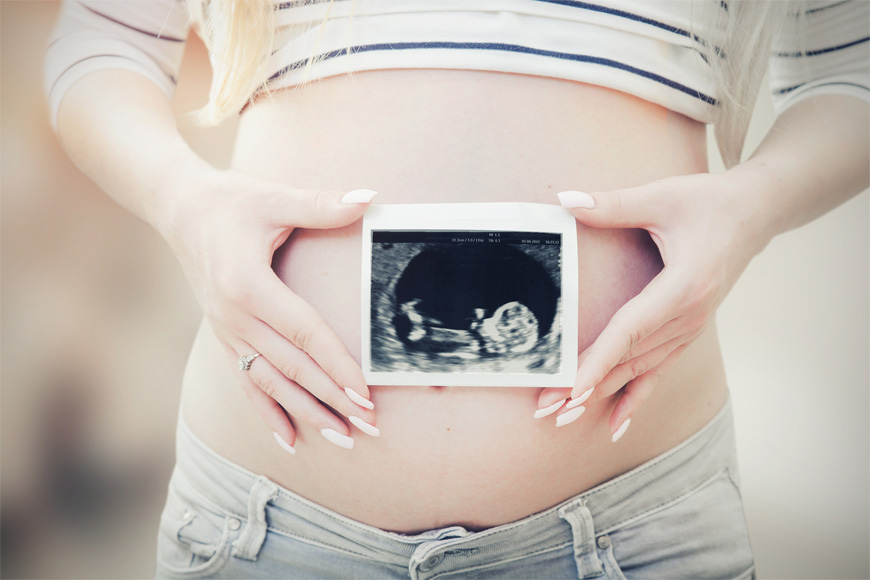We take a look at Abu Dhabi's new personal status law for non-Muslim expats, with expertise from Dr. Hassan Mohsen Elhais
5 December 2022
| Last updated on 5 December 2022
We have discussed personal status laws applicable to the UAE in the previous articles.
We now shift our focus to the Emirates of Abu Dhabi, which recently introduced a new law, called the Abu Dhabi Law No. 14 of 2021 (Abu Dhabi non-Muslim Personal Status Law) and executive regulations under it. This law is applicable to non-Muslim foreigners and non-Muslim locals in Abu Dhabi and marks a distinct change in approach towards family law matters in the Emirates of Abu Dhabi.
What is the new personal status law for non-Muslims in Abu Dhabi?
The Abu Dhabi non-Muslim Personal Status Law applies only in Abu Dhabi. While the key changes related to no-fault divorce, joint custody and financial rights of the wife will be discussed in detail later, some other notable changes brought by this new law are as follows.
- It has recognized the concept of civil marriage and gives equal rights to both men and women, irrespective of the gender, which is similar to the western concept and is compliant with the United Nations Human Rights Declaration.
- Regardless of the Islamic principles which restrict issuing the will to one of his heirs or giving the heir more than one third of the assets.
- It also does not prescribe any difference in using the witness statements of males and females. This is unlike the law applicable to the UAE under which two females and one male are required if any witness testimony is presented before any family court.
- Equal rights are also given to expats regardless of gender in case of inheritance. This is in contrast with the previous law which give the female 50% of the shares given to the male.
When can the Abu Dhabi courts apply this law?
Given the exceptional bouquet of rights provided by the Abu Dhabi non-Muslim Personal Status Law to non-Muslims, it is important to understand when the Abu Dhabi courts will exercise jurisdiction.
Abu Dhabi courts will have jurisdiction if both expats are residents, or have their current or former place of work in Abu Dhabi.
Courts will also have jurisdiction even if the defendant is a foreigner with no residence in Abu Dhabi but:
- the case is regarding divorce concerning a civil marriage concluded in Abu Dhabi; or
- the defendant’s chosen domicile is in Abu Dhabi; or
- one of the defendants has a residence or place of work in Abu Dhabi; or
- the wife is the claimant and is based in Abu Dhabi.
If, based on the above factors, the courts in Abu Dhabi decide to exercise jurisdiction, it may apply the Abu Dhabi non-Muslim Personal Status Law in the following circumstances:
- if the applicant is a non-Muslim local;
- if he is a non-Muslim expat, he holds citizenship of a country which does not apply the Shariah principles; or
- if the non-Muslim concluded his marriage in a country which does not apply the Shariah principles; or
- if the case relates to divorce or civil marriage concluded in Abu Dhabi.
If any of the above factors do not exist, then even if the courts in Abu Dhabi have jurisdiction, they will not apply the new law and the UAE Personal Status Law will prevail.
Divorce proceedings for non-Muslims in Abu Dhabi
One of the key changes introduced by the new law is the changes in divorce proceedings.
Under the new law, a spouse can apply to the courts for a divorce based on a no-fault application. The spouse only has to show willingness for ending the marital relationship, without showcasing any damage or blaming the other party.
The courts will decide this application in the first hearing itself. That said, the first hearing will take place after 30 days from the date of application, in order to give parties time for potential reconciliation.
In the following part of this article, we will talk about the new rules on custody of children, and the financial rights under the new law.
Custody rights of the parents
Under the new Abu Dhabi law, both parents have equal rights to joint custody of the child which could be arranged on a weekly, bi-monthly or monthly basis.
The joint custody is applicable till the age of 16, after which the child is entitled to choose his custodian. That said, either parent can be removed from joint custody, which will be decided by the court, if the child, who has reached the age of 12, wants such removal.
The rights of joint custody can be forfeited and one of the parents can claim sole custody, if certain cases are met, which is finally decided by the courts. Some of the key ones include:
- child is at risk of being exposed to domestic violence or abuse; or
- living conditions provided by a parent are inadequate; or
- abuse of drugs or alcohol or any psychotropic substances; or
- remarriage of a parent.
Conflicts related to custody will be resolved by courts expeditiously, keeping the child’s best interest as the core consideration and taking into account the child’s existing lifestyle.
Travel ban
Both parents are entitled to place the child on a travel ban – banning the child from travelling for a temporary period. The relevant parent would need to apply to the court for this travel ban on the ground that there is a potential flight risk. The ban would be subject to the court’s discretion.
Arbitration
Under the new Abu Dhabi law, spouses now have a right to agree that any disputes between them would be settled by arbitration through one or three arbitrators. The spouses can agree on arbitration either prior or after the family dispute has arisen. The law of the UAE relating to arbitration, called the Federal Law No. (6) of 2018 will apply to family arbitrations.
Conclusion
The Abu Dhabi Non-Personal Status Law is a ground-breaking initiative in the Emirates of Abu Dhabi towards giving rights to the expats in line with the international best practices, taking into account the local customs, culture and language.































































.png?itok=o7XUYJI4)


















































































